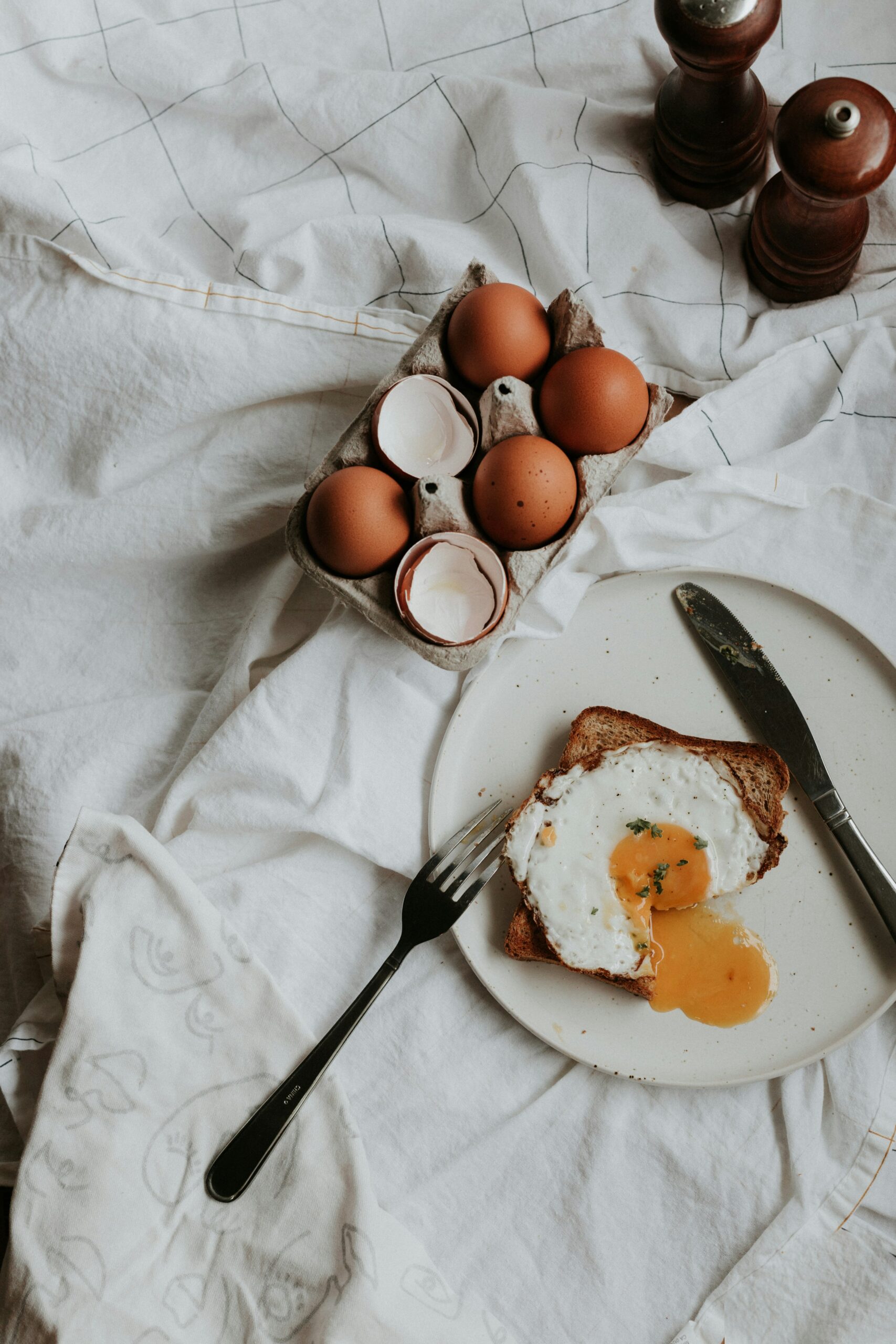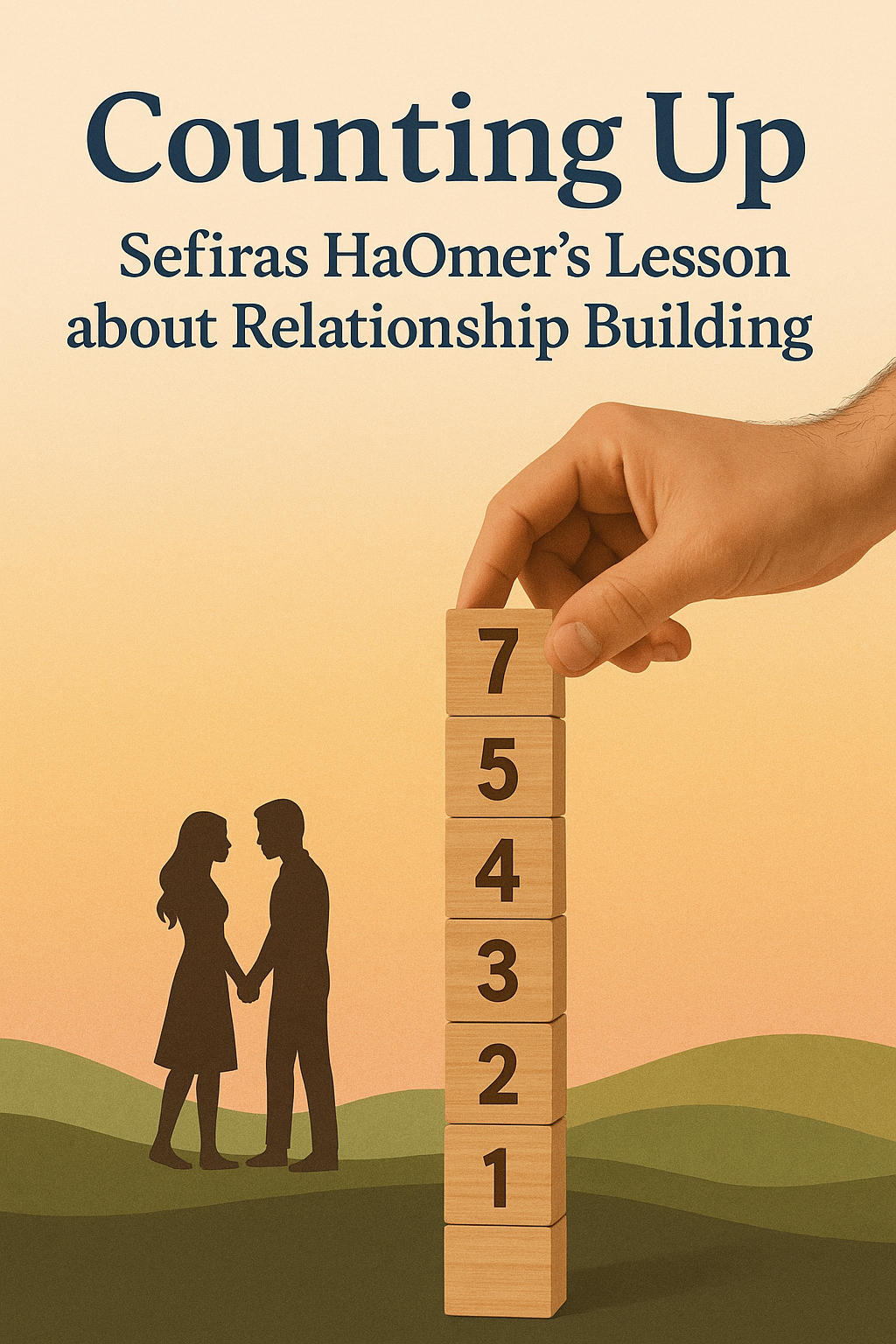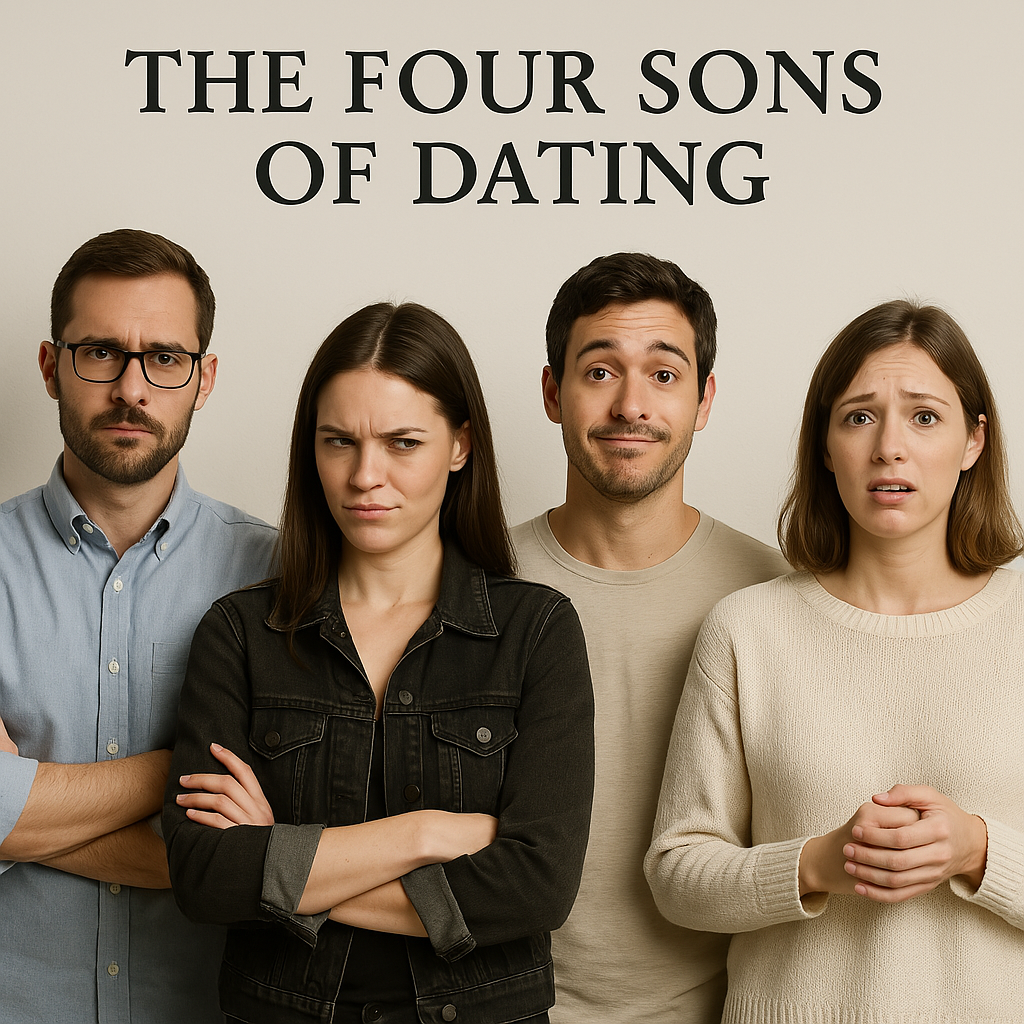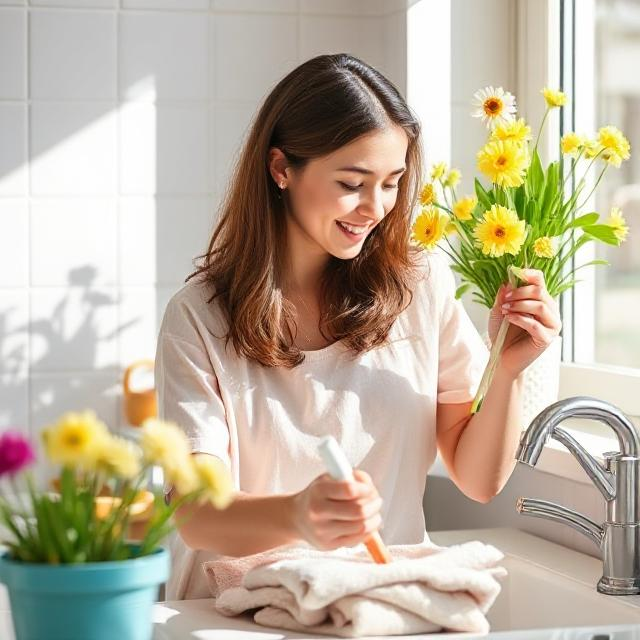If you’ve been to the grocery store recently, you may have noticed the rising cost of eggs—or worse, an empty shelf where they should be. The egg shortage has forced people to rethink their meals, find creative substitutes, and realize that maybe they were relying too much on one simple ingredient. Funny enough, relationships work the same way. Whether it’s learning how one bad experience can skew our perception or realizing that our ‘must-haves’ in a partner might not be as essential as we thought, the lessons from the egg shortage go far beyond the kitchen.
“The Rotten Egg Effect”
Ever cracked an egg, only to be hit with a rotten smell that makes you want to throw away the whole carton? It’s unsettling, unexpected, and makes you question the quality of the rest. The same thing can happen in relationships—one toxic experience can leave such a strong impression that it clouds how we approach love moving forward.
Maybe you dated someone who was emotionally unavailable, and now you assume every potential partner will let you down. Or maybe you were in a controlling relationship, and now any request feels like a red flag. The problem? If we let one bad experience dictate our future, we risk pushing away healthy relationships that don’t deserve our skepticism.
The key to moving past the “rotten egg effect” is recognizing that not all relationships—or people—are the same. Yes, patterns exist, and yes, we should learn from our experiences. But healing requires perspective: just because one egg was bad doesn’t mean you swear off omelets forever. Take time to heal, reframe your expectations, and remind yourself that good, healthy relationships do exist—you just have to be open to them.
How to move past the “rotten egg effect”:
- Recognize the pattern, but don’t assume it’s universal. If someone hurt you, reflect on what you need to look out for moving forward, but don’t project their flaws onto someone new.
- Challenge your assumptions. Are you truly seeing red flags, or are you reacting from past wounds? Are you holding back from giving someone a real chance because you’re afraid of repeating history?
- Give yourself permission to start fresh. Healing means allowing yourself to believe in love again. Does finding a bad egg in the supermarket make you assume that your future egg purchases will be similarly tainted? On the contrary! Now you know more about how to spot those rare bad eggs than ever—what they smell like, what they look like—and you are only more confident and better equipped to avoid them in the future.
Rising Without Eggs
Ask any baker and they’ll tell you—eggs are essential. They bind ingredients, add richness, and help everything rise. But when an egg shortage hits, creative bakers don’t throw in the towel—they find alternatives. And guess what? The cake still rises.
The same is true for relationships. We all have “must-haves” when searching for a partner—whether it’s a specific personality trait, lifestyle choice, or background. But sometimes, the things we think are essential aren’t actually deal-breakers.
Maybe you always imagined dating someone extroverted, but the quiet, thoughtful person you’re seeing makes you feel more at peace than anyone else ever has. Maybe you assumed you’d only date within a specific career path, but someone outside of that world brings you a refreshing new perspective. The key is knowing the difference between values that truly matter and expectations that might be holding you back from something great.
Just like a good cake can still be made without eggs, a fulfilling relationship can exist even if it doesn’t check every box on your original list. The question isn’t whether a relationship looks exactly as you pictured—it’s whether it’s bringing you joy, growth, and genuine connection.
How to rethink your relationship ‘must-haves’:
- Differentiate between values and preferences. Core values—like integrity, kindness, and emotional availability—are essential. But surface-level traits, like a specific career path or personality type, might not be as crucial as you think.
- Ask yourself what truly makes you happy. Are you holding onto certain expectations because they actually serve you, or just because they’re familiar?
- Stay open to unexpected possibilities. Sometimes, the best relationships come in packages you never saw coming. The question isn’t whether someone checks all the boxes—it’s whether they make you feel loved, understood, and supported.
The egg shortage might be frustrating, but it’s also a lesson in flexibility. We learn to navigate around scarcity, rethink what’s truly essential, and recognize that one bad egg doesn’t mean the whole system is broken. The same applies to relationships. One negative experience shouldn’t ruin your outlook on love, and a rigid list of ‘must-haves’ might be limiting your chances of finding something truly fulfilling.
So the next time you’re at the grocery store staring at an empty shelf, remember: just like in relationships, your capacity for creativity and adaptability might just surprise you.





